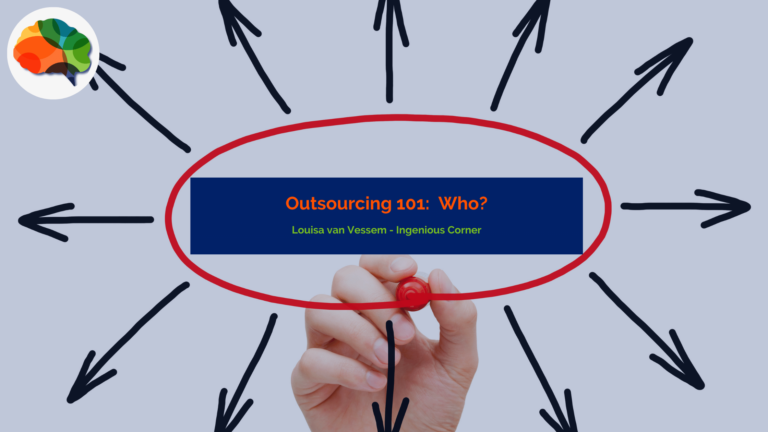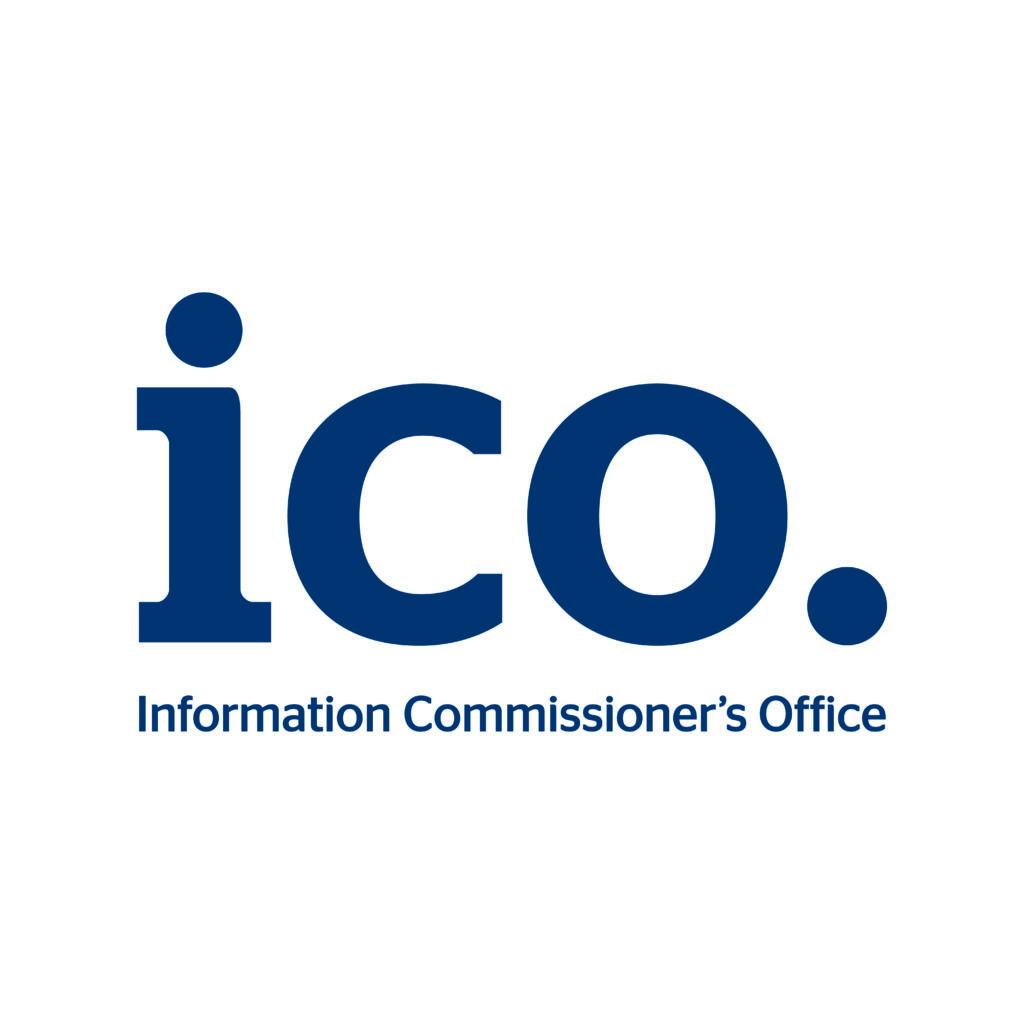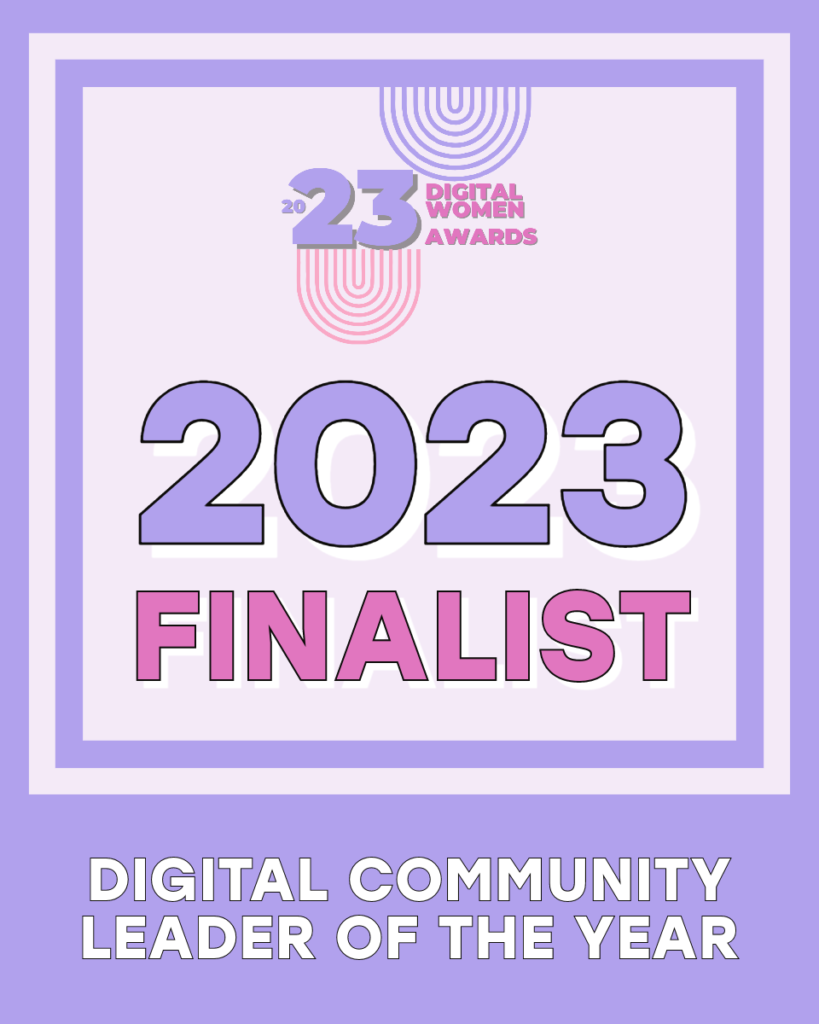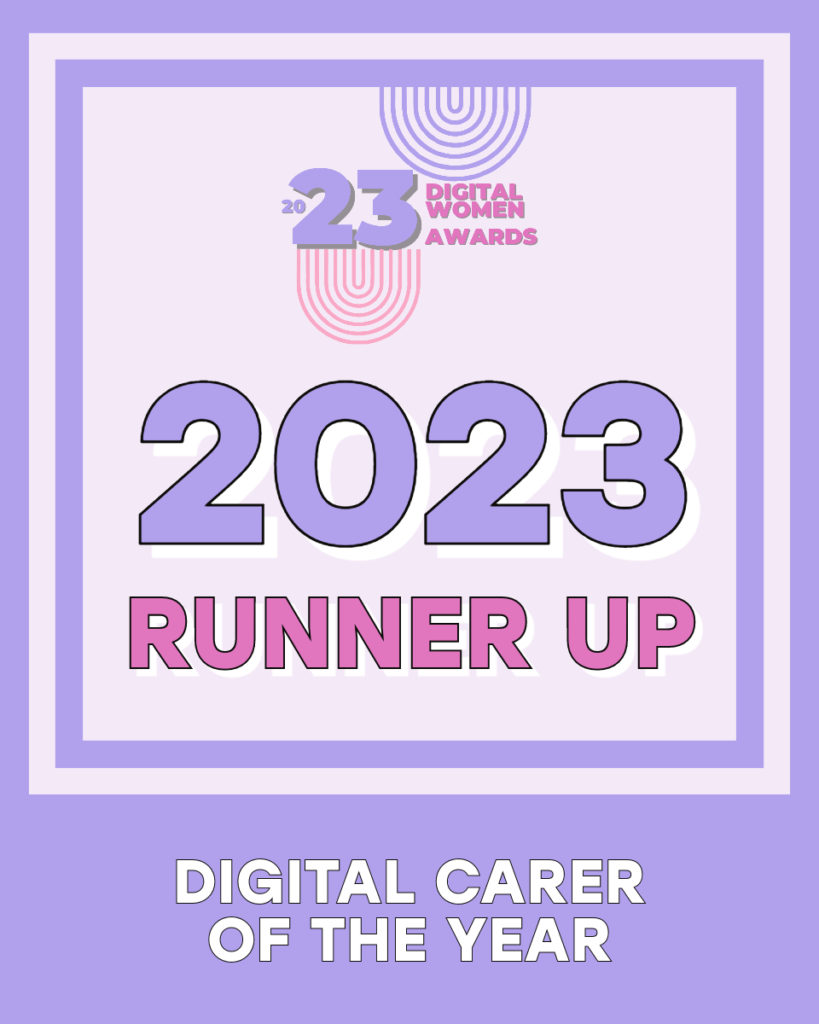I’ve addressed the ‘why’ and the ‘how’ but the big question now is, what about the ‘who’?
Unfortunately, there are no quick answers to this because it depends on the type of work you are looking to outsource and whether you prefer to use an agency or to go directly to a company/freelancer. For the purpose of this blog, I will use the term ‘partner’ rather than agency/company/freelance, it’s less confusing.
There is another reason for using the word ‘partner’ and it is because that is how you should view it.
You are looking to partner with someone to help you either develop, grow, or transform your business. The partnership you are looking to enter into shouldn’t be about you micromanaging the partner, this is where trust and clear communication comes into it.
When deciding whom to partner with, there are many key factors to consider, I have highlighted 10 below and I covered some of them in more detail in the Outsourcing 101: How? document.
- What is important to you? Is it simply about getting the job done because it is a one-off job at the cheapest rate or is it about finding the right partner?
- Relationship building? Are you looking to build a long-lasting relationship with someone who adds value in different ways and you know you trust their advice or do you just want someone who will get the work done with minimal communication?
- Level of input? In some ways, this is linked to relationship building. Are you looking for a partner who can articulate their ideas constructively to you, for example, making suggestions or do you feel that isn’t what you are paying them for?
- Level of experience? Are you needing someone who has the technical experience, and industry experience or perhaps it isn’t important and you would prefer to train someone who is passionate about what you do?
- Location, location, location? How important is this to you? Do you want to meet the person in real life or can the work be done from anywhere at any time?
- Conflict of interest? Does it matter if the chosen partner has clients working in the same industry? Would that add value or would you be concerned about the trade secrets of the business (despite having an NDA and contract in place)?
- Budget? It is important to be clear about your own budget and what you can and can’t afford.
- Communication methods? What is your own preference? Email, video call, phone call, text, project management tool etc.
- References? To put your mind at ease, check out their testimonials on sites like LinkedIn and Google or get in touch with people they have previously worked with. From my own experience, as a business owner, someone have only asked once me for a reference.
- Proof? Depending on the work you are planning to outsource, you might want to see examples of someone’s work but because of client confidentiality, this isn’t always possible. As an alternative, you could ask the proposed partner to talk you through their approaches/processes.
The list can make you think, all this effort and I haven’t even outsourced anything yet but, it’s important to be clear in your own mind about what you need.
Where do I look for my outsourcing partner?
Ask people for recommendations. This could be directly approaching your friends, family or business connections. Alternatively, post in social media groups or directly on different social media platforms.
If you ask in the public domain, you will often be inundated with requests and messages, therefore it is extremely important to have a clear and detailed brief, explaining what you are looking for. This includes the level of expertise, details of the tasks involved, and setting out expectations. It avoids time-wasting down the line. Some people like to post a questionnaire using a tool like Google Forms to ask people to confirm what skills and attributes they have.
Other sources to consider are freelancer job sites to advertise jobs, and search engines to find websites. If businesses have registered for Google My Business, click on the map option and it will bring up businesses linked to the category and area you are searching for.
You’ve got some interest, now what?
Everyone is different in their approach. There is no right or wrong way. My own personal approach is to narrow down the number of ‘potential’ partners that might be suitable based on the following:
- Some people send me a copy of their CV, it’s useful to see what their background is.
- Exchange of communication – how do they come across, tone, spelling, etc.
- Review of their website and social media pages to get a flavour of what they are like.
- Review of testimonials, experiences, etc.
- Where applicable, review their work.
Having reviewed this information, I usually aim to speak with three people and I arrange video calls with them. The process I take is similar to when I used to recruit people as an employee.
When I speak to people, my preference is via a video call because I like to see the person I am speaking with, get a sense of what they’re about, understand their values, processes and what they are about.
Sometimes, it is about gut feel too.
When the shoe has been on the other foot, I think, as a business owner, I have only been officially interviewed once, maybe twice! Most of the time, people have got to know me on LinkedIn or I have been recommended by someone and it has gone from there.
To trial or not to trial?
Outsourcing work when it goes wrong can be a costly experience, it’s key to set and manage expectations from the very beginning.
Some people like to set ‘tests’ or to trial their partner for a limited period of time as a way of seeing if they fit with their business but again there is no right or wrong way.
Legalities?
Check whomever you are outsourcing to is taking their business seriously and by that I mean they are compliant (if applicable) and they have the required legal documents. This includes but not limited to:
- Insurances
- Registering with the ICO for Data Protection (if applicable)
- Registered for Anti Money Laundering Supervision (if applicable)
- Takes necessary precautions to ensure they are compliant with GDPR
Of course make sure you have contracts in place, along with any non-compete or non-disclosure agreements and data processor agreements, if applicable.
Trust me, the first time you outsource for the first time, it might feel like a headache but focus on the benefits!
Did you know…
I used to have a Virtual Agency, it started in January 2019 but once covid hit, I realised it wasn’t something I wanted to continue with. I had a team of five or six associates, so I fully understand what you need to consider when outsourcing and how to manage relationships.
If you’re feeling a little frazzled about all of this, why not pick my brain and book an Energiser Session to gain some clarity about the direction you want to go in and what you need to consider?
“I am made to feel like THE most important client while we are working together – this is quite a skill given Louisa balances and juggles multiple client needs.”
– Leadership Coach
About Louisa van Vessem

Hey there! I’m Louisa, and I’m all about teaming up with freelancers, business owners, entrepreneurs, and contractors to help ignite your journey to success.
Think of me as your go-to creative companion, business confidante, and your personal sounding board and cheerleader, all rolled into one. My goal? To serve up a mix of awesome ideas, strategic wisdom, crystal-clear guidance, and a dash of accountability and camaraderie. We’re not just about the destination. We’re all about enjoying the ride and keeping things refreshingly simple and fun.
If you’re on the lookout for a friendly guide to help navigate your business adventures, I’m all ears! Let’s grab a virtual cuppa and chat about the exciting possibilities ahead. Can’t wait to connect!
Let’s connect on social media
Don’t worry, I’m not spending lots of time on social media, I repurpose content across channels at different times.
LinkedIn | Instagram – Ingenious Corner | Instagram – InclUSion | TikTok – Ingenious Corner | TikTok – InclUSion | Pinterest | YouTube







